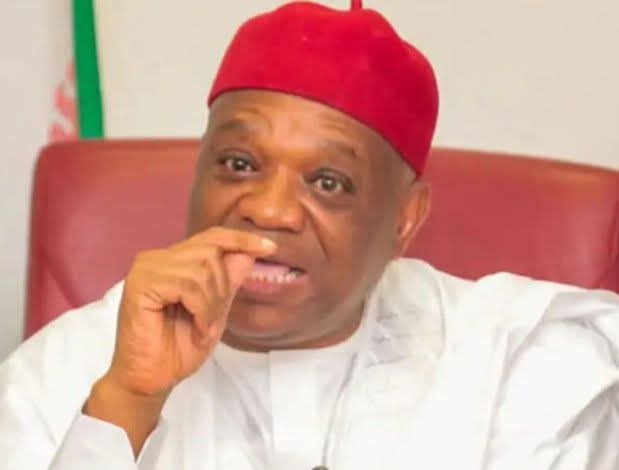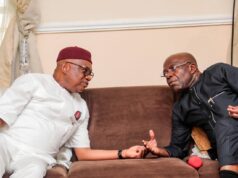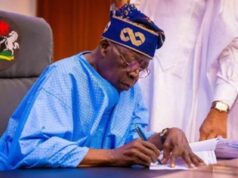Amid rising security concerns across the country, the Senator representing Abia North, Dr. Orji Uzor Kalu, has called on the Federal Government to take immediate and decisive steps to address the deteriorating situation.
Speaking from China in a video posted on his social media page on Monday, Senator Kalu expressed deep concern over the worsening insecurity, particularly in Borno and the South-East regions, stressing that the situation must be handled devoid of political sentiments.
Reacting to Governor Babagana Zulum’s recent alarm that parts of Borno have been lost to insurgents, Kalu warned that if urgent action is not taken, more territories — including the South-East — could fall into the hands of terrorists.
READ ALSO: Kwankwaso Condemns Plateau Killings, Calls For Prosecution Of Perpetrators
“The Minister of Information is doing his job, but Professor Zulum is right. If the Federal Government doesn’t take the right step in Borno and the South East, those areas might collapse,” Kalu warned.
The former Senate Chief Whip and Chairman, Senate Committee on South-East Development Commission, urged the Federal Government to increase funding and logistical support to security agencies. He also called on the Minister of Information, Mohammed Idris, to consult with security chiefs and accurately brief President Bola Tinubu on the true state of security in the country.
Kalu further appealed for an end to verbal exchanges between the Minister and Governor Zulum, saying such disagreements do not help the fight against insecurity.
“For me, Professor Zulum and the Minister don’t need to argue. These are fundamental issues. If we don’t tell President Tinubu the truth, the country may become ungovernable,” he said.
Commending the efforts of the Nigerian Army, Police, and other security agencies, Kalu stressed the need for greater investment in intelligence gathering, equipment, and manpower, especially in vulnerable regions.
He concluded by urging political leaders to focus on governance and economic development, rather than politicising national security.










